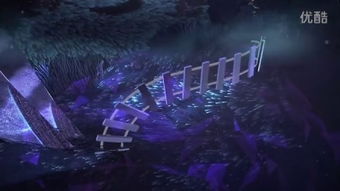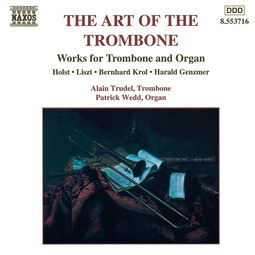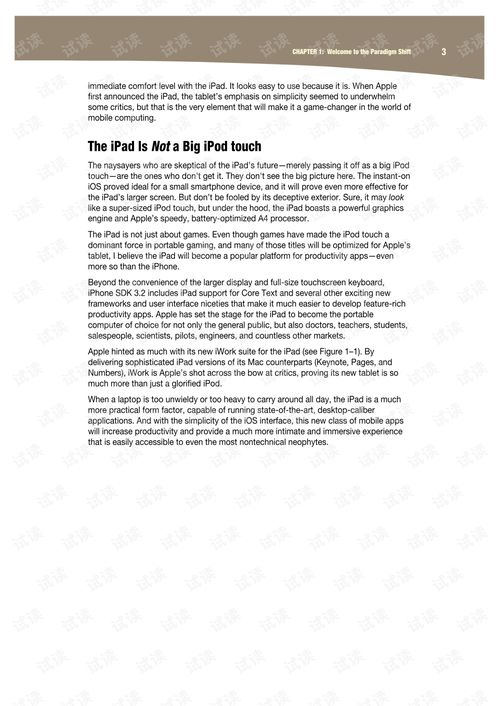Content:
Introduction: Fishing is an enjoyable and relaxing hobby that allows you to connect with nature and unwind. Whether you are planning a weekend getaway or a fishing trip with friends and family, it is essential to have some basic knowledge and skills to make the most out of your fishing experience. In this article, we will provide you with some essential tips and tricks to help you play like a pro, even if you are a beginner.
Choose the Right Equipment: Before you start fishing, it is crucial to have the right equipment. Here are some essential items you should consider:
a. Rod and Reel: Select a rod and reel that suit your fishing style and the type of fish you want to catch. A lightweight rod and reel are ideal for beginners.
b. Line: Use a monofilament line that is appropriate for the fish you are targeting. The line should be strong enough to handle the fish's size and strength.
c. Hooks: Choose the right size and type of hooks based on the fish you are targeting. Larger hooks are suitable for bigger fish, while smaller hooks are better for smaller fish.
d. Lures and Bait: Experiment with different lures and baits to see what works best for the fish you are targeting. Live bait, artificial lures, and natural baits can all be effective.
Learn the Basics of Casting: Casting is an essential skill for any fisherman. Here are some tips to help you improve your casting technique:
a. Hold the rod correctly: Grip the rod with your dominant hand, placing your index finger on the reel seat. Keep your wrist and elbow relaxed.
b. Practice your casting motion: Start by practicing your casting motion without any weight. Once you are comfortable with the motion, add the weight of the lure or bait.
c. Aim for accuracy: Aim for a target and try to cast your line in a straight line towards it. Avoid casting too far or too close to your target.
Understand Fish Behavior: To catch fish, you need to understand their behavior and habitat. Here are some tips to help you:
a. Research the fish you are targeting: Learn about their feeding habits, preferred habitats, and migration patterns.
b. Choose the right location: Look for areas with plenty of food and cover, such as rocks, logs, and vegetation.

c. Adjust your tactics: If you are not catching fish, try changing your bait, lure, or location.
Patience is Key: Fishing requires patience and persistence. Here are some tips to help you stay focused and patient:
a. Take your time: Don't rush to cast or set the hook. Take your time to observe the water and your surroundings.
b. Be prepared: Have all the necessary equipment ready, so you don't have to search for it while you are fishing.
c. Stay calm: Keep a relaxed and patient mindset. Stress and frustration can lead to poor decisions and missed opportunities.
Safety First: Always prioritize safety when fishing. Here are some tips to keep you safe:
a. Wear a life jacket: Especially if you are fishing from a boat or in deep water.
b. Check the weather: Avoid going out on the water during bad weather conditions.
c. Inform someone: Let someone know where you are going and when you plan to return.
Conclusion: Fishing is a rewarding hobby that can be enjoyed by people of all ages and skill levels. By following these essential tips and tricks, you will be well on your way to becoming a skilled fisherman. Remember to have fun, respect the environment, and always prioritize safety. Happy fishing!












